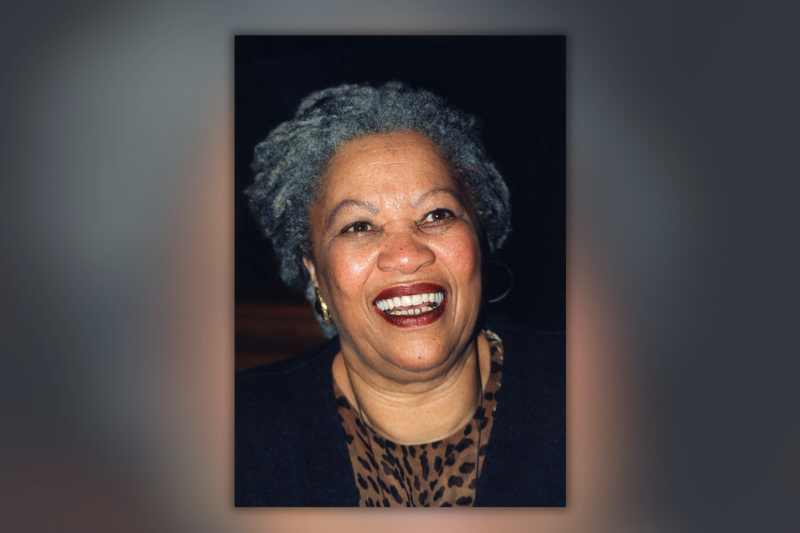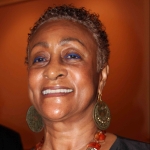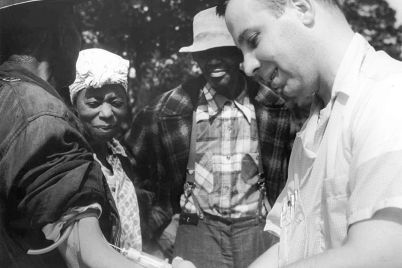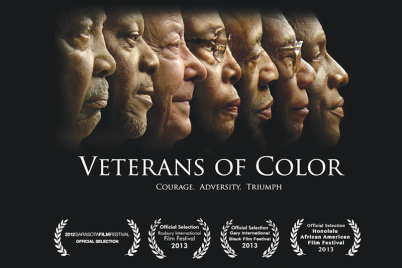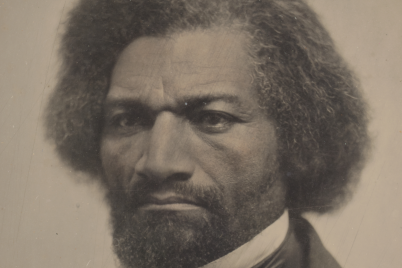By Attorney Jacqueline Hubbard, President, ASALH
Toni Morrison sadly passed away Aug. 5, but her literary genius will live on forever etched into the American ethos. In 1993, she became the first African-American woman to win the Nobel Prize in Literature for her novel Beloved.
She was an author, historian, professor, and a genius. Morrison’s death was a loss for the entire world. She died from complications of pneumonia.
During the height of her fame, she was the Robert F. Goheen professor for the Council of the Humanities at Princeton University. My daughter, Dr. Ladee Hubbard, also an author, was fortunate enough to have had Morrison as her senior advisor at Princeton.
She was a helpful, caring and concerned advisor who continued to mentor her throughout graduate schools and the publication of her first novel. For this, I am personally grateful.
In an opinion published in the New York Times on Aug. 9 shortly after her death entitled “The Last Great American Novelist,” columnist David Leonhardt wrote:
“Toni Morrison…was a great American novelist who was also a Great American Novelist. This means she had a special form of celebrity, an oracular status, and also that she was embraced by the tradition that regards novels as keys to interpreting America — insisting that you must read Morrison (and Ellison and Wright and Hurston) to understand the black experience, just as you must read Hawthorne and Melville to understand the legacy of Puritanism, or Faulkner or Cather to understand the South or West, and so on down the high-school English list.”
Morrison was the author of 11 novels and several children’s books, often co-authored with her son. She also published essay collections.
Her celebrated work Song of Solomon received the National Book Critics Circle Award in 1977. Her novel, Beloved, won the Pulitzer Prize for Literature in 1988 and later the Nobel Prize for Literature.
She made expressing the black experience in America her life’s work and a gift to her readers. What an amazingly gifted body of work it is. The following is a list of some of her most popular works:
- The Bluest Eye was her first novel published in 1970 when she was nearly 40 years old. It is not a comfortable read. Have you ever met a black child who thought the most beautiful eyes in the world were blue? Read this book, and you might understand why.
- Sula was published in 1973 and is just about as magical as its African or Southern sounding title. Who or what was Sula? Was Sula just a person or did she possess ancient powers and understand how to use them?
- Song of Solomon was published in 1977 and is probably Morrison’s most easily readable work. Many love this book with its powerful descriptions of the characters, its surprising humor, and the almost lightness of the descriptions of a wonderful group of black characters in a particular moment in time.
- Tar Baby, published in 1983, tells its tale in the spirit and language of the black actor as the protagonist. It is written without any apology for being black.
- Beloved, published in 1987, is considered her masterwork. It fully reveals the pain of having a child under the conditions of American enslavement and was chosen for the Nobel Prize in 1993.
It is a difficult, haunting, intense, intellectually challenging, and a deeply emotional work that insists the reader make a sincere effort to comprehend the absolute horror of slavery. For black people, Beloved is especially painful because Morrison is able to translate our collective suffering, especially as mothers, into such beautiful prose.
God Help the Child, published in 2015, is uniformly dark and ultimately, as all her works do, leads the reader to examine the circumstances of racial oppression. This oppression often leads black Americans to examine their souls and deeply call upon their inner strengths. This inner calling must be done to prepare for survival in an unwelcoming society and without solace, except for that given by other black people.
Morrison’s genius was her ability to genuinely make the reader feel the experience of being black in America. She was relentless in proving the point that the black American experience demonstrated the hypocrisy of the country’s idea of universal freedom and happiness for everyone who lives here.
Slavery based on color was wholeheartedly afflicted upon black Americans. Before making this abominable institution about a person’s skin, both black and white people had been among the class of indentured servants.
People of color have always defined the supposedly orderly transition of American democracy. Black people have always refused to be left out of this definition of democracy, and as if to prove it, they instigated slave rebellions, continually resisted, fought valiantly for freedom during and after the Civil War, during Reconstruction, through the Jim Crow Era to the Civil Rights Movement to the present.
Morrison never hesitated to call out America for its grave injustices against black people. She never recoiled from the painful effort of making her readers see and feel the results and ramifications of this inequality. She was clearly a “drum major for justice” as Dr. Martin Luther King, Jr. defined them.
Attorney Jacqueline Hubbard graduated from the Boston University Law School. She is currently the president of the St. Petersburg Branch of the Association for the Study of African American Life and History, Inc.

